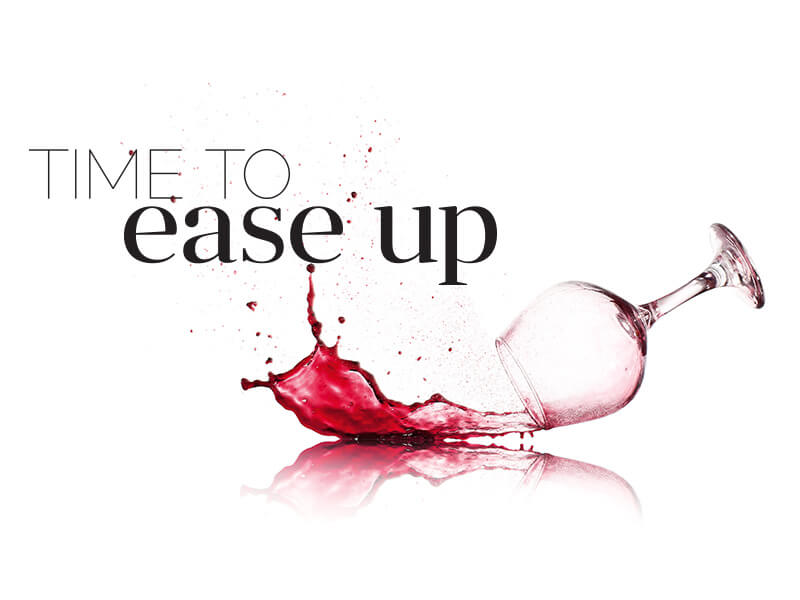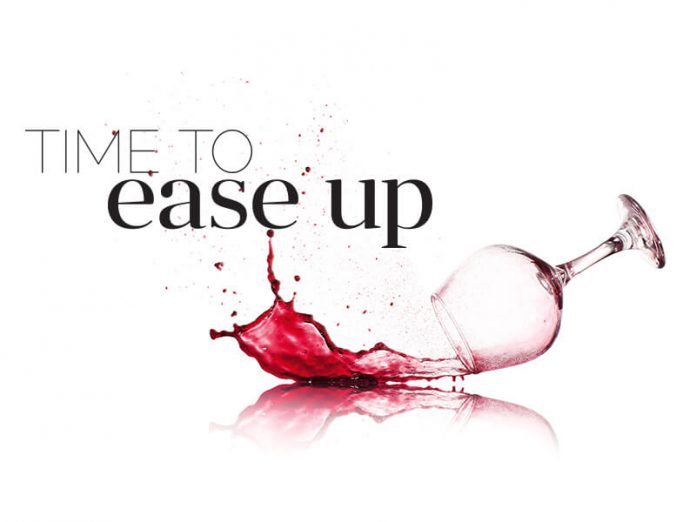
So you seriously considered swearing off alcohol for Dry July? You will be better off making some longer-term lifestyle changes.
Every evening when she likes to home from work, Prue Miller* would rather open a bottle of red.
“If it’s actually a weekday, I’ll polish off between half a bottle to a full bottle – more if my spouse joins me for your drink,” she says.
On weekends, the exact amount Prue drinks is way more. “There’s always a party, dinner or barbecue in store, so it’s effortless to get through a wine beverage a day, plus other drinks including cocktails or spirits.”
On paper, it may possibly seem excessive, but Prue insists the exact quantity she drinks is regarded as “average” within her social circle.
Men just 1.Twice more likely to be problem drinkers than women.
Indeed, statistics show many of us are drinking far beyond the National Health and Medical Research Council guidelines of just two standard drinks each day (a figure devised to lessen the lifetime probability harm from alcohol-related disease or injury just like an increased chance of heart disease, stroke and a multitude of cancers from bowel to breast).
According in the Australian Bureau of Statistics, about one in four men and something in 10 women exceed possibility, although recent analysis because of the University of NSW finds the gap between the sexes is beginning to narrow. Historically, men were thrice more likely than women to drink to excess, but it is now almost reached parity – particularly one of those particular born between 1991 and 2000, with men a particular.2 times more prone to be problem drinkers than women.
Culture crash
If we’re all drinking a little too much, we can blame our culture, which normalises such habits, says Alcohol and Drug Foundation national policy manager, Geoff Munro.
“We’re socialised with it from a young age, constantly being bombarded while using message that we’re a hard-drinking people,” Geoff says. “And everywhere we go, alcohol is available to us, whether it’s a birthday, doing friends or exploring footy, so that it helps make it hard for consumers to know if they’re drinking excessive.”
An advertising agency set up a fake Instagram keep track of Louise Delage, depicting the glamorous model partying, sunbathing and hanging out with friends, the ubiquitous cocktail or vino in their own hand in each shot. But few followers picked up on the fact that she probably have a problem, or it’s a campaign to highlight just how difficult it’s always to detect with a drinking problem and who doesn’t.
“Lines carry on being blurred, but what Australians don’t have trouble with is singling out folks that don’t drink,” admits Geoff, who adds that 20 percent of Australians fall in such a category. “We supply them with a hard time because we’re often threatened by their behaviour this suggests that the majority of us would like to cut down on our own drinking but fear organic beef not be able to.”
Think so that you can drink
If you’re worried about how much alcohol you’re storing up, that could be the initial clue that it could be time to help reduce, Geoff says.
“Those who ask whether they’re drinking an excess of are probably drinking very much, but other signs to look out for include regular hangovers after nights out, using drinks as rewards, or seeking the opportunity to go out drinking.”
Ask yourself whether you’re skipping work on account of drinking-related misadventures, getting stuck on the wine following on from the kids go to bed frequently, finding strange bruises onto your body that you can’t explain, or having conversations with loved ones about your drinking.
Seeking help is usually confronting for most people, so the decision doctor regarding your concerns, Geoff recommends.
“If you’re drinking heavily, it could be dangerous to quit suddenly,” he says. “It’s a good idea to handle your doctor or community health centre worker to taper it down and are up with some strategies, or contact a drug and alcohol treatment clinic. Help is out there.”
* Name changed to cover privacy.
Contact DrugInfo on 1300 858 584 to talk to a trained counsellor.
Written by Dilvin Yasa


































